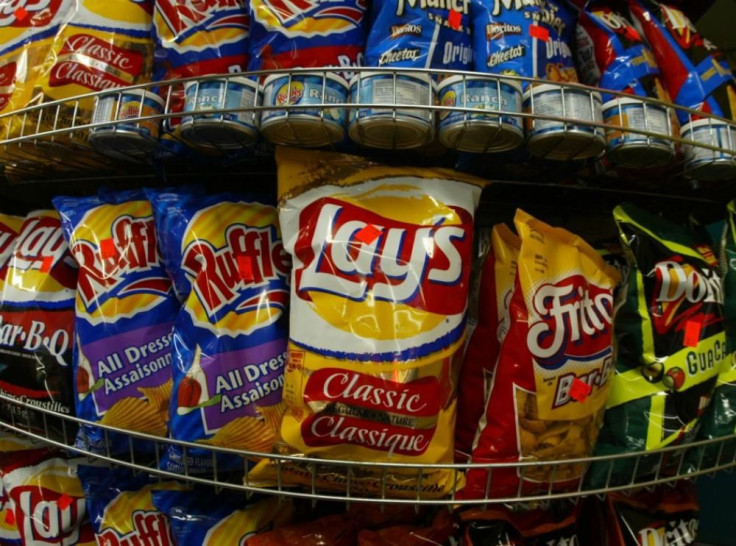Food Companies Cut 6.4 Trillion Calories From Supermarket Shelves Over The Last 5 Years, And It Actually Improved Sales

Early reports from the Healthy Weight Commitment Foundation (HWCF), a pledge among some of the leading food companies in the United States to limit the amount of calories on the U.S. marketplace, revealed these food and beverage manufacturers could exceed their initial goal by 400 percent. From 60.4 trillion calories in 2007 to 54 trillion calories in 2012, these participating companies have removed around 6.4 trillion calories from their products, translating to 78 calories per person in the United States per day.
Sixteen of the nation’s leading food companies participating in this independent evaluation pledged to cut one trillion calories from food and beverage products in the U.S. by 2012 and 1.5 trillion by 2015. The HWCF is funded by the Robert Wood Johnson Foundation (RWJF), and data is being collected by a research team from the University of North Carolina at Chapel Hill. These companies accounted for 36 percent of all calories on the shelves of supermarkets in 2007.
“It’s extremely encouraging to hear that these leading companies appear to have substantially exceeded their calorie-reduction pledge,” said Dr. James S. Marks, senior vice president and director of the Health Group at the RWJF. “They must sustain that reduction, as they’ve pledged to do, and other food companies should follow their lead to give Americans the lower-calorie foods and beverages they want.”
According to the Centers for Disease Control and Prevention, obesity statistics among children in the U.S. have nearly tripled since 1980. However, recent data from the National Health and Nutrition Examination Survey report a slight decrease in the childhood obesity prevalence from 15.21 percent in 2003 to 14.94 percent in 2010. Currently, around 17 percent of children and adolescents between the ages of 2 and 19 are considered obese.
Back in 2010, the HWCF entered an agreement with the Partnership for a Healthier America, a nonprofit organization working as an extension of first lady Michelle Obama’s "Let’s Move" campaign. The first pillar of the HWCF’s goal involved a dramatic reduction in obesity prevalence in the U.S. by 2015, especially childhood obesity. Researchers from UNC are combing through food and beverage sales as well as nutritional information from each company’s products, paying special attention to the sales of products included in this initiative.
“The companies whose sales we analyzed have a big influence over the foods and beverages almost every American eats and drinks every day,” said Dr. Barry Popkin, the W.R. Kenan Jr. distinguished professor in the School of Public Health at UNC, who is leading the evaluation team. “The evaluation system we’ve created will enable to us to determine how changes to what’s sold influences what people consume.”
Despite a perceived drop off in sales, financial research on the 16 companies involved found that sales growth actually improved between 2007 and 2011. Rather than taking high calories products off of the shelves entirely, companies such as General Mills Inc. and PepsiCo Inc. simply reduced the number of calories found in these products through a change in ingredients or smaller portion sizes. For example, General Mills recently introduced its Fiber One 90 Calories Brownie Chocolate Chip with only 90 calories and 20 percent daily value of fiber.
Sixteen companies participating in the HWCF included Bumble Bee Foods LLC, Campbell Soup Co., ConAgra Foods, General Mills Inc., Hillshire Brands, Kellogg Co., Kraft Foods Group/Mondelez, Mars Inc, McCormick & Company Inc., Nestlé USA, PespsiCo Inc., Post Foods, Coca-Cola Co., Hershey Co., J.M. Smucker Co., and Unilever.
Published by Medicaldaily.com



























